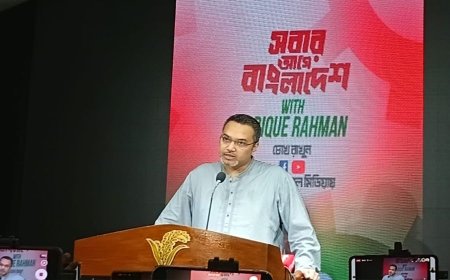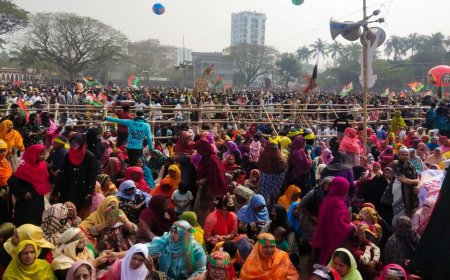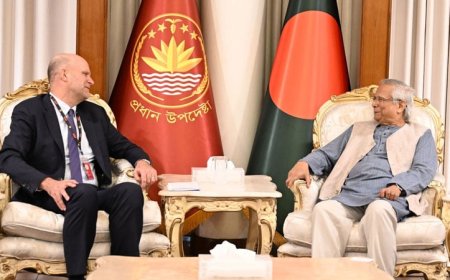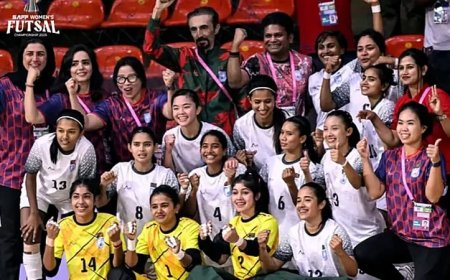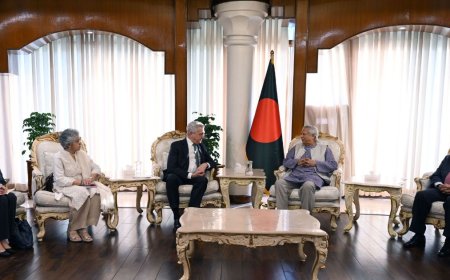Since August 5, disciplinary actions have been taken against 86 doctors and 136 students in public medical colleges.
Since August 5, disciplinary actions have been taken against 86 doctors and 136 students in public medical colleges.

In the past two months, at least 86 doctors and 136 students from eight public medical colleges and hospitals across the country have faced disciplinary actions due to various allegations, including opposing the quota reform movement. Among the doctors disciplined were five professors, three associate professors, two assistant professors, and 41 interns, with punishments ranging from suspension of internships and academic activities to expulsion from student halls. In some cases, medical certificates were recommended for cancellation, and some individuals were permanently banned from campuses.
The allegations, brought forward by general students, led to actions against 222 doctors and students between August 5 and October 2. These included opposing the quota reform movement, threatening fellow students and doctors to undermine the movement, involvement in Awami League politics, and physical or mental abuse during the student-led protests. Some were also penalized for alleged extortion, violence, drug-related offenses, social media threats, and attacks on interns.
Of the disciplined doctors, 36 were from MAG Osmani Medical College in Sylhet, 17 from Sir Salimullah Medical College in Dhaka, 13 from Mymensingh Medical College, 12 from Sher-e-Bangla Medical College in Barishal, and eight from Bangabandhu Sheikh Mujib Medical College in Faridpur. Among the punished students, 39 were from M Abdur Rahman Medical College in Dinajpur, 28 from Mymensingh Medical College, 20 from Rajshahi Medical College, 19 from Osmani Medical College, 16 from Rangpur Medical College, 10 from Bangabandhu Sheikh Mujib Medical College, and four from Sir Salimullah Medical College.
The disciplinary actions were taken amid unrest in the health sector following the fall of the Sheikh Hasina government. Since August 5, many senior officials in government healthcare facilities have resigned or stopped reporting to work, causing disruptions for patients.
Directors and principals from several medical colleges confirmed the disciplinary measures, citing investigations by academic councils and hospital management committees as the basis for their decisions. Dr. HM Saiful Islam, director of Sher-e-Bangla Medical College, explained that the actions were in response to direct opposition to the anti-discrimination student movement and threats made against students and doctors.
At Sir Salimullah Medical College, 13 doctors were declared "persona non grata," and four female students were expelled from the dormitory. Sher-e-Bangla Medical College imposed lifetime bans on six doctors and suspended six interns for two years. Osmani Medical College took action against 55 doctors and students, suspending several teachers and interns for up to two years.
At Bangabandhu Sheikh Mujib Medical College, where eight doctors and 10 students were penalized, two doctors had their medical certificates recommended for cancellation. Eight students were expelled from the dormitory and faced academic suspensions of six months to two years.
Rakibul Hasan, a student of Mymensingh Medical College, claimed he was suspended for attending a Chhatra League rally in July, alleging he was targeted for supporting the Awami League government. Several other students and interns from the same college faced suspensions and expulsions, with some claiming punishment for their involvement in Awami League politics.
Prof. Nazmul Hossain, Director General of Health Education, acknowledged that Bangladesh's health sector had suffered from poor governance for 15 years, leading to growing frustration among students. He stressed the need for rational resolutions, stating that while discipline had largely been restored, those who committed serious offenses would be dealt with appropriately.
Public health expert Prof. Dr. Rashid-E-Mahbub emphasized the importance of a thorough investigation into the allegations, noting that the accusations appeared to be politically motivated rather than academically grounded. He called for opportunities for correction rather than expulsion and urged colleges to pursue legal action for serious offenses.
What's Your Reaction?







